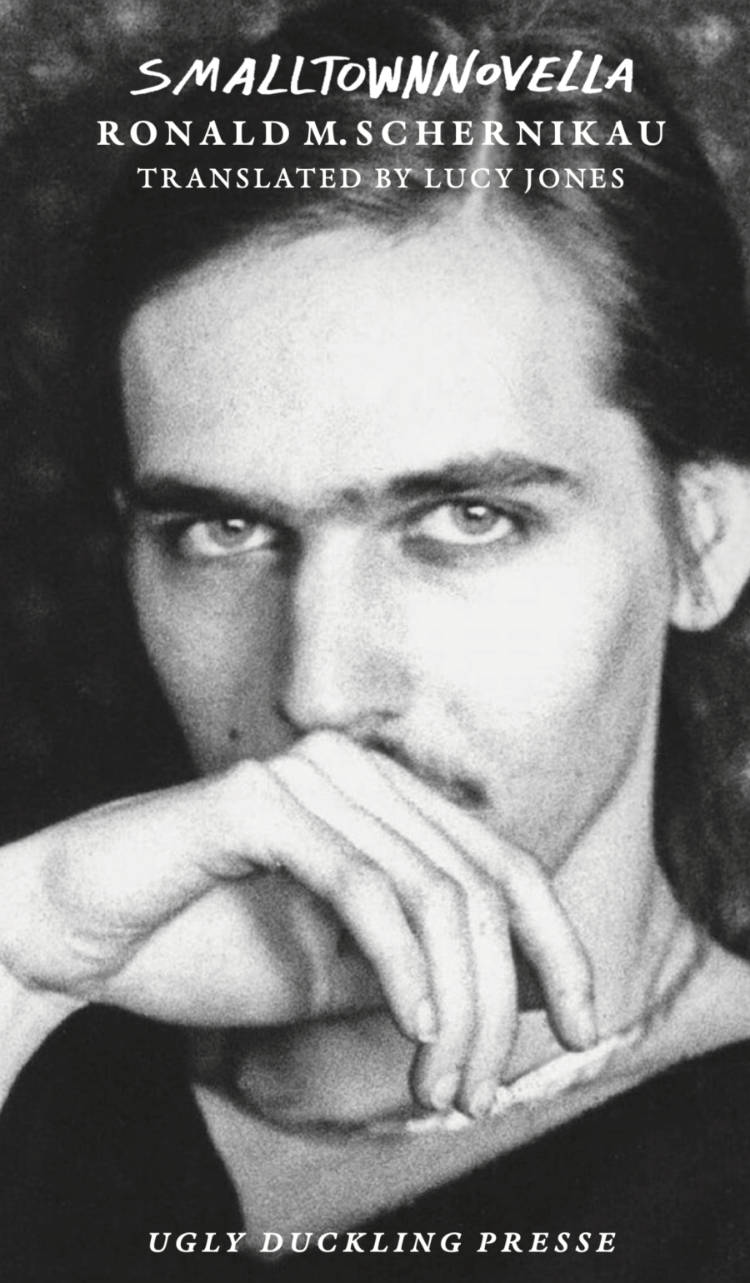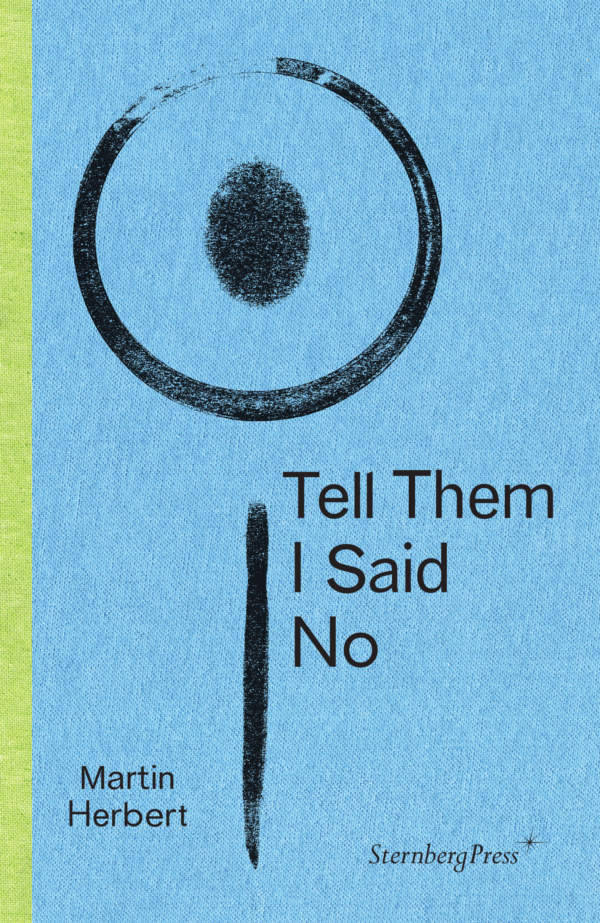
Slow Down and Walk: A Conversation
Nadina George-Graves, Okwui Okpokwasili
In a conversation that took place in August 2020, during a global pandemic and in the wake of mass uprisings across the US against systemic racism and police brutality, scholar and choreographer Nadine George-Graves and performance-maker and dancer Okwui Okpokwasili discuss ideas of collaborative practice, radical forgiveness, virtuosity, and community. Reflecting on Okpokwasili's and Peter Born's practice and installation from March 2020, Sitting on a Man's Head, the two women consider how art making reflects the kind of imagination of how one might live in the world, proposing modes of relation that are neither predatory nor transactional, but grounded in care.
This conversation originally took part as an event for 50WomenAtYale150, and was co-sponsored by Yale Women, the Yale Alumni Association, and the Yale Black Alumni Association.
This pamphlet is part of UDP's 2020 Pamphlet Series: twenty commissioned essays on collective work, translation, performance, pedagogy, poetics, and small press publishing. The pamphlets are available for individual purchase and as a subscription. Each offers a different approach to the pamphlet as a form of working in the present, an engagement at once sustained and ephemeral.
Okwui Okpokwasili is a performer, choreographer, and writer creating multidisciplinary performance pieces that draw viewers into the interior lives of women of color, particularly those of African and African American women, whose stories have long been overlooked and rendered invisible. Her formally experimental productions include Bronx Gothic, Adaku's Revolt, Poor People's TV Room, and Sitting on a Man's Head, and bring together elements of dance, theater, and the visual arts (with spare and distinctive sets designed by her husband and collaborator, Peter Born).
Language: English
.jpg)






